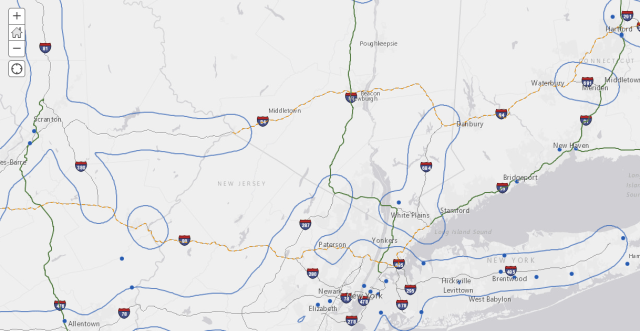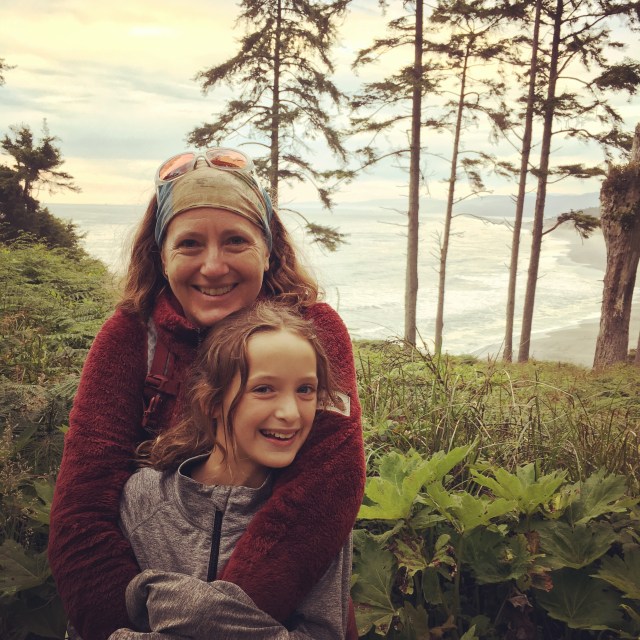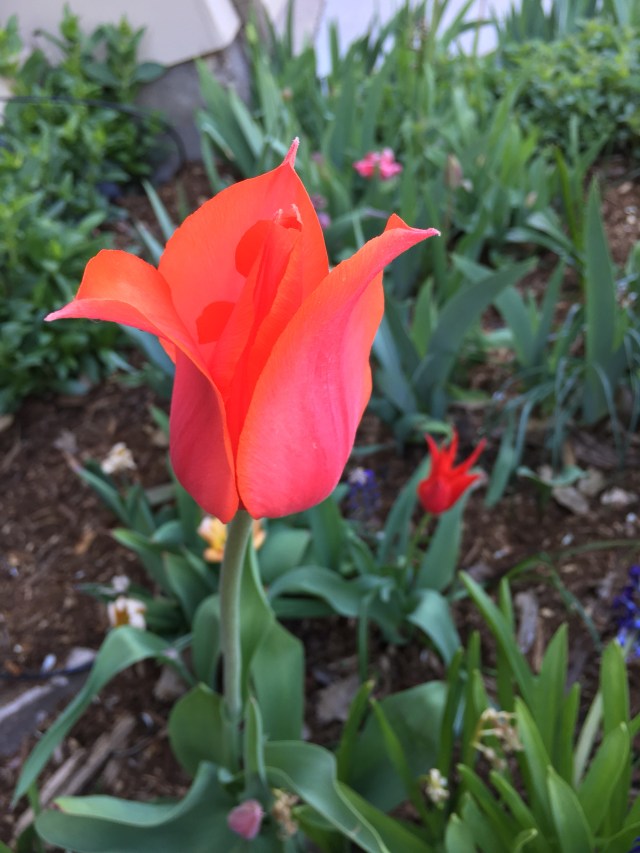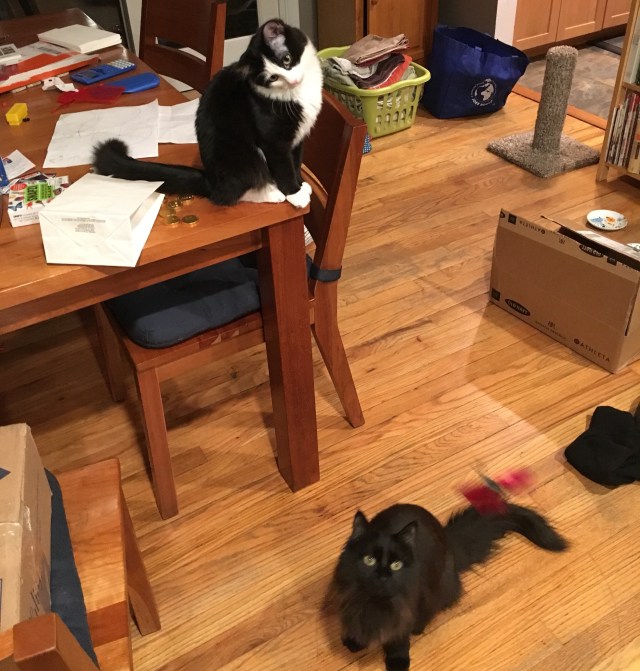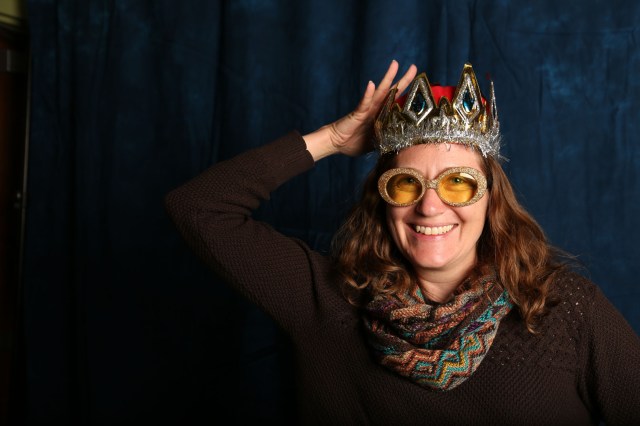
I’ve been sending little stories of mine off to journals to be read, judged, and rejected. From 2015 to 2017 I had one story rejected four times. Then last year I got brave. I threw three stories to the winds and let the rejections flow: ten of them. I worked hard to perfect those little tales. My writing group read them and gave feedback. My mom read them and gave feedback. My husband read them, corrected my grammar, and disliked them. I even donated enough money to a new journal so a real live editor could critique my story. I worked and tweaked, and while the rejections kept coming they started to give me hope.
My favorite rejection? One that ended, “We loved this story’s delightfully ridiculous concept, but we felt the story didn’t have enough conflict to support it through the middle and ending.” Um, the words love and this story appear together in this delightful rejection. It almost feels like an acceptance….almost. Another was rejected the day before they sent out the list of anthology finalists. They said, “…there’s some nice writing in the story, but unfortunately we felt it just wasn’t quite right for the collection.” Nice writing? That’s enough to make me brave enough to submit somewhere else, and to watch this journal’s calendar carefully so I can submit to them again.
I know that ten rejections in a year is nothing. One of my favorite blogs, Rejectomancy, has a whole formula for calculating your power as a rejectomancer. Aeryn, the blog’s author, revels in his rejections, having just tallied his 300th rejection. Three hundred. I love Aeryn’s blog because it’s really hard for me to get all freaked out about 10 rejections when he’s statistically analyzing three hundred. Also, I’m not just a writer but also a geeky spreadsheet loving engineer, so recording and analyzing rejections is a form of comfort for me. Another comfort? Watching your Rejectomancy score increase as you get different types of rejections. By the end of 2018 I was at 20 points: a glass level rejectomancer aiming for ceramic. (Really, this system is so amazingly nerdy!)
2019 hit and I was ready to submit like mad. Armed with my positive feedback and desire to rise through the Rejectomancy ranks, on a whim, I submit to a journal I had not researched that promised personalized feedback. The story I sent had already received one lovely personalized rejection – the nice writing one – and one form rejection. It was a piece I loved and felt confident about. The day after submission I was rejected with a full page of detailed information about how horrible my story was, what a terrible writer I am, how the concept was interesting but horribly executed, and the ending sucked. It would have been kinder and more succinct to reply, “You are a terrible writer with no concept of story. Your words caused my eyes to bleed. Cut your hands off so your tales never torture again.”
So I quit writing. I quit submitting. I quit my writers group. I quit. The end. Eleven rejections was all I’d ever see. It was one thing to get rejected with kind words and another to have strangers rip me to shreds. Writing wasn’t worth it.
Except, I didn’t really. In Bird by Bird, Anne Lamont talks about writing presents, “Twice now I have written books that began as presents to people I loved who were going to die.” The concept of writing presents speaks to me, drives my desire to finish my novels, and made me write a love letter to myself. I wasn’t dying, but my hope and dreams of being published were dying, so when I saw a tweet for the 1000 Love, You Letter’s project I started to write.
The concept is not really me. I am not a self-love essay writing kind of gal. I’m an alien dentist, fisherman of children’s souls, bumblecat type of writer. I’ve got stories about convicts puking, the end of the world, and heaven being destroyed by bureaucracy, but my dying craft cried for a story, a goodbye, a last hurrah, so I wrote myself a love letter. No one read it but me. No one edited it. No one even knew it existed. I wasn’t going to send it, but my tribute required a submission, so I sent off my letter.
The submission’s initial response is what you would expect from a project collecting letters from women writing love letters to themselves. “This is a beautiful letter and we’re thankful for you trusting us to share it with the world.” Sweet, and what you’d want every vulnerable woman essayist to hear. Writing a love letter to yourself is an embarrassing emotional effort, and even more embarrassing knowing that others are going to read what you wrote. Urban Ivy, the publisher, does a wonderful job of making the brave women who submit to them feel valued and that kindness was a salve to my broken writer’s heart.
Before I quit writing, I dreamed of seeing my story in print on a piece of paper. Not on a website, but on a tangible page where I could run my finger over the text. Something that I could put on a bookshelf and read until it was tattered. Something that, when I was old, would smell like old paper and ink. My submissions were brave and bold, targeting the journals that still print and accept less than 0.5% of the stories they receive. I had a plan to move onto online journals once I’d exhausted the list of print publications.
The submission response from the 1,000 Love, You Letter project also said, “We will be in touch by March 15 to share which letters will be published in the Love, You book and on our social media!” Even though I had quit writing, this little glow of hope that I find hard to extinguish grew as I watched the social media announcements about the project.
On International Woman’s Day, Friday March 8th, a message in my inbox was titled, “Your Love, You letter has been selected!” I was stuck in a traffic jam on the highway so checked my email. (Totally unsafe. Never do this.) I didn’t want to read the email on the road, but my glow of hope spread during the 20 minutes it took me to get to work. My dream of publication might be coming true. I wondered if there was going to be a request to send my bank account information to a prince in Nigeria before they published. Then I yelled at myself to just be happy for once and not think how this could go wrong. I thought about who I wanted to tell and how. Once I parked, I reopened my email and read, “We’re excited to share that your letter has been selected to be featured in the Love You Book which is set to publish this Fall and will also appear on the 1000 Love You Letter website within the next few weeks.”
I burst into tears. Happy tears. Accomplishment tears. Dream tears. Tears I never thought I’d be able to shed but always wanted to shed. My present to myself was going to be published, and not just published, but published in a book. I unquit writing right there and then.
A week later I’m stalking the publisher, Urban Ivy, the letters that are already being published online, and the Instagram and Twitter feeds about the project. I’m liking and retweeting and anxiously awaiting the next steps. 10 points were added to my rejectomancer score jolting me right past the ceramic level and on my way to denim. My confidence restored, I resubmit my one-day-rejection story to a journal I love in hopes that it will find a home there, or at least some kind words. I returned to my writing group, tail between my legs, and told them of my acceptance and thanked them for their kind words that I had ignored while I was feeling sorry for myself. Because they are awesome people, and writers too, they welcomed me back. Slowly I’ve been telling family and friends, while savoring my happiness.
I wish this fairy tale ending on everyone. I hope that every low point is offset with a high, but I know that this is a wonderful, beautiful anomaly. Unquit writer me is going to continue to have mean things said about her writing. If I’m really successful, people will rant about me the way I rant about Neal Stephenson and Paolo Bacigalupi; I cannot stand the famous, successful, prizewinning works they produce. I have to get thicker skin and grow from these experiences: both the bad one and the good one.
The primary wisdom I gained from this came from my good friend Lew Gibb, part of my amazing writing group, who said about my mean rejection, “My wife and I have a great saying that works in these types of situations: ‘If someone honks at you for more than a second, it’s not about you.’ Everyone’s dealing with their own shit. It’s obvious, since they did the literary equivalent of a three second honk, that your reviewer allowed their shit to overflow into your story.” He’s right. I need to be strong enough to tune out the long honks. I need to value the cheers of myself and my friends more than nasty words generated in a single thoughtless day. I can’t just write love letters when I’m down. I want to remember that everything I write a present, even knowing that there will always be critics who despise my gift.
But guess what? I’m going to be published! Acceptance at last! I cannot wait to hold this book. I’ll need at least two copies: one to cherish and one to get spotty with I’m-holding-my-story tears.





